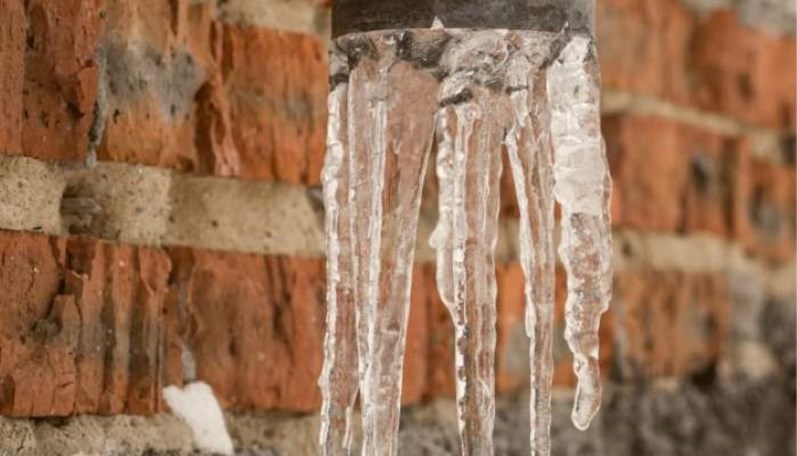
The ABI urges households not to be caught out by the distress and expense of frozen or burst pipes as the cold snap takes charge.
A cold winter snap can lead to a surge in pipe problems – our members paid out an estimated £804 million in 2022 for issues related to burst pipes in people’s homes.
The average cost of burst pipe damage can run into tens of thousands of pounds and can cause significant disruption and serious damage to properties, even if only a minor rupture.
Louise Clark, General Insurance Policy Adviser, said:
“As the cold snap bites and temperatures plummet, taking a few simple measures can reduce the disruption, distress and expense caused by frozen or burst pipes this winter, while keeping your heating bills as manageable as possible. Of course, insurers are poised to help if the worst happens but prevention is always better than cure.”
To reduce the risk of frozen pipes this winter, we recommend:
- Taking some simple steps like insulating water pipes and water tanks in the loft, using draught excluders around doors can help keep your home warm and reduce energy bills. More information here: https://energysavingtrust.org.uk/
- If you have a smart thermostat, most will have an anti-frost setting to keep your home heated to a very minimal temperature that will stop pipes from freezing. If you do not have a smart meter, most radiators will have a setting with a snowflake symbol – turn to this setting to allow minimal water flow between pipes and radiators to prevent freezing. Consider setting the heating on a timer if you are going away.
- Know where your stopcock, that turns off the incoming water supply, is and test that it works. It is usually found under the kitchen sink. If you cannot locate it ask a neighbour or seek advice from an approved plumber.
- If you are going on holiday, or leaving your home unoccupied, consider turning off the water at the stopcock to reduce the risk of pipes freezing and bursting. See below on if your home is unoccupied.
- Repair any dripping taps. This will help prevent water from freezing.
If your pipes freeze, our advice is to:
- Immediately turn the water mains off via the stopcock. Wait for the pipes to warm up or you can try and thaw them with a hot water bottle.
- Do not attempt to dislodge the ice using a hammer or melt it with a blow torch. It is highly likely that this will cause more damage.
- Move any possessions, such as furniture or clothing, which are near frozen pipes in case the pipe bursts.
If your pipe bursts, we advise:
- Turn off the water at the stopcock. Switch off central heating and any other water heating installations. Open all taps to drain the system.
- Move any possessions, such as furniture or clothing, to prevent further damage to property.
- In both instances, contact your insurer straight away to seek advice, many insurers operate 24-hour helplines. They will advise on next steps and help to arrange professional repairs to be carried out.
If you plan to leave your home unoccupied check your home insurance policy to see if there are any restrictions in cover or specific requirements if your home is left unoccupied for more than a specified period of time, such as 30 days or more.
Heating your home safely. Open fires and candles may seem like a good way to keep your heating bills down, but they will significantly increase the risk of home and possessions being damaged or destroyed by fire. https://www.london-fire.gov.uk/safety/the-home/candles/
If using an open fireplace, ensure that the chimney and flues are inspected by a specialist and cleaned if they have not been used for some time. Make sure you use a fireguard.
Your local fire brigade should be able to give you some advice about heating your home safely.
For more information, please contact the Press Office.
